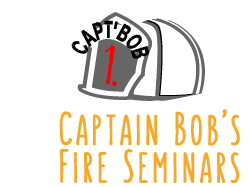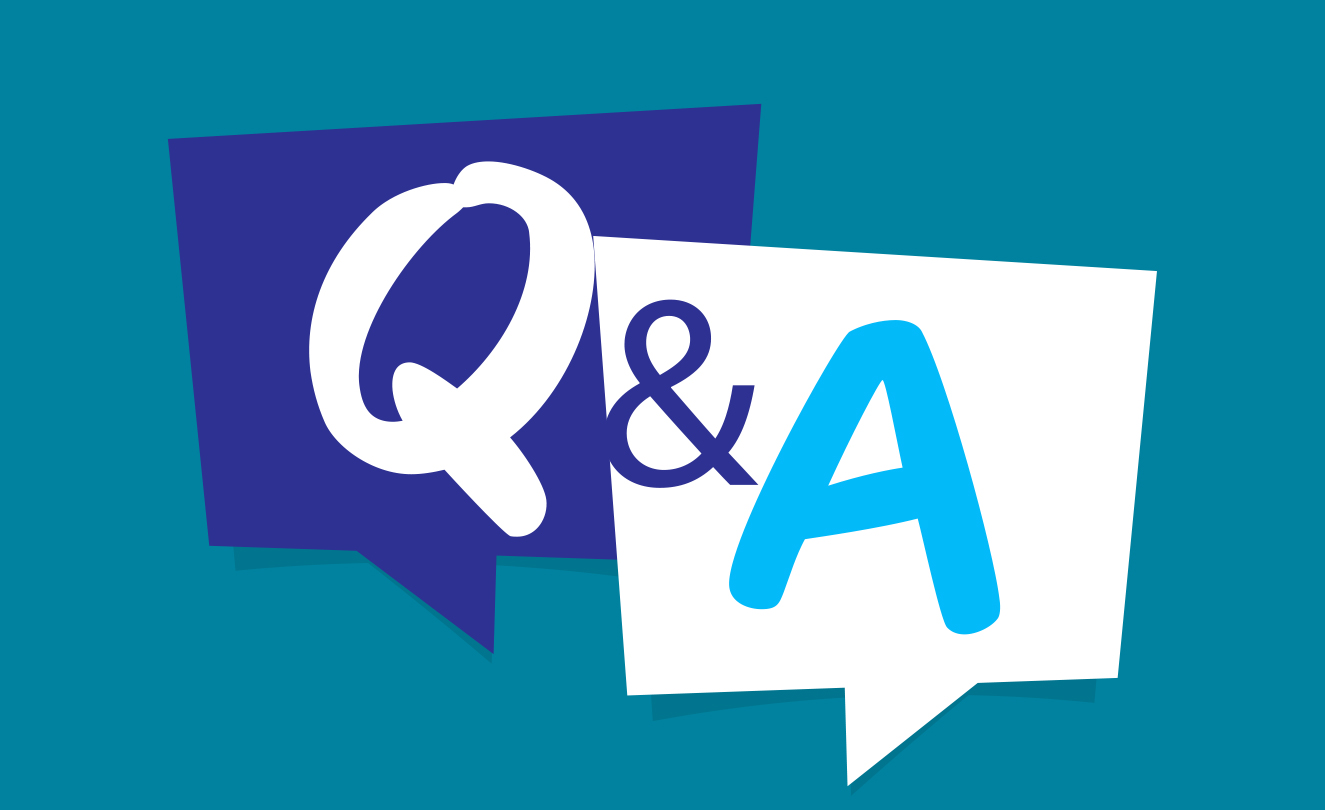
Tell Us About A Time…
The testing process remains the same for fire and law enforcement and will continue to include an oral interview. The things
they are looking for within this process are changing slightly. They are looking more at the personality of the applicant than the resume and credentials. The thinking is that if we are going to train the new hire to do things our way, we want to look more at the person. If we hire a very qualified person with a difficult personality, then we get 25-30 years of trouble for the department. Honestly, my department met our quota of complicated characters in 1992, and we do not need anymore.
By changing how we looked at candidates, panels began asking a straightforward question such as, “Tell us about a time…….”
This means questions like these: Tell us about a time you made a bad decision. Tell us about a time you were asked to do something wrong. Tell us about a time you had a conflict with a co-worker or boss. Tell us about the toughest decision you have ever made. The list goes on and on.
I am a big fan of preparing for an interview. It is crucial to have your thoughts together as far as what you want to say. But, when a question comes out of left-field, there is little you can do to prepare. There is a reason for this style of questioning. They want to see how you react to a difficult question that puts you on the spot.
Here is a technique that I believe will help.
Your subconscious mind is far better at this stuff than you are. You know what I mean. It’s that little voice telling you its opinion again and again. When asked a “Tell us about a time…” question, usually the correct answer pops right into your head.
The problem arises when you overthink and try to figure out what the panel is looking for and if it applies to the fire service. You try to think of something better and get vapor-lock. “I got nothing” usually doesn’t get you many points on the rating sheet.
I asked a guy once, “What was the hardest thing you have ever had to do”? We could see the wheels spinning, but he said he
didn’t know. I said he must have thoughts about something, and asked what it was. He told us that when he was halfway through medic school, his father was diagnosed with cancer. He decided to quit school and went to spend 18 months with him while he died. It did put his plans off by two years, and he had to restart medic school. But, he had never had a great relationship with his dad, and now he did. He wouldn’t have changed a thing. I told him his answer was great. It sounded perfect to me.
He asked how it applied to a fire interview.
This question hits on what I am trying to explain. You might be asked a question that doesn’t fit into a fire interview. The intention is to put you on the spot. Whatever your answer, it has to be the right answer for you. You should give them the first answer that comes to mind.
Here is the “NUGGET”….. if you do come up against something like this, find the right answer for you. Allow your subconscious to help. Remember to pause and review it quickly before you answer to make sure your answer is appropriate. One way to sharpen this skill is to do mock interviews. I used to get together with others who were testing, and we would shoot questions back and forth for hours. It is a learned skill, and you can improve your ability to answer on the fly and sound professional with practice.
Good Luck, Captain Rob
Captain Rob is my Son. He just retired a minute before his 50th birthday.
“Nothing counts ’til you have the badge . . . Nothing!




Recent Comments